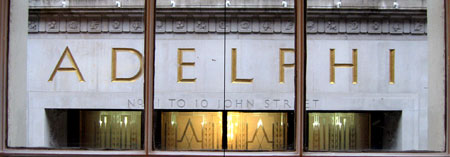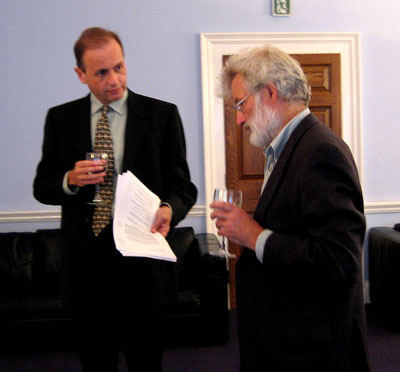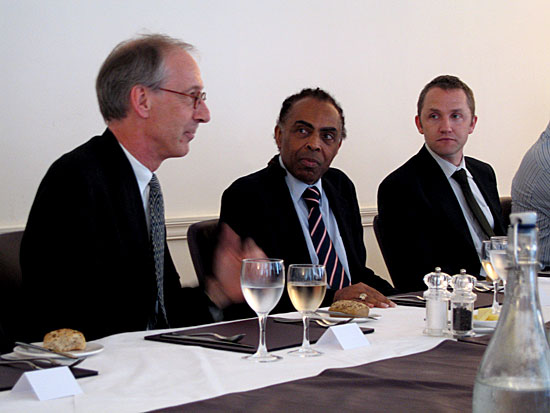As an experiment, I’ve signed up with the Google Adsense system. Under this scheme, Google monitors the content of the Blog and places relevant ads in the sidebar. (You can see them if you scroll down a bit.) If a reader clicks on one of these paid-for links, Google pays me a small sum. (If I click on one of the ads myself, Google kicks me out of the system btw. Hmmm… I wonder what happens if I go to Memex from a public workstation and click on the ads from there?)
But I digress… I’ve signed up not in the hope of getting rich, but to explore the hypothesis that Adsense could provide a revenue model for supporting Blogging. The idea is that if you have a popular blog which attracts lots of readers, then you might be able to earn enough from Google to at least pay your web-hosting bills.
Well, maybe you could. But the more interesting question is whether signing up to Adsense would undermine the credibility — or integrity — of your blog. And already I’ve made an intriguing discovery. The first item I posted after signing up was the report below about the launch of the Adelphi Charter — which is all to do with reversing the commercial world’s current mania for stronger IP rights. And guess what the first two ads placed by Google were? One for an outfit called “The UK Copyright Service” (motto: “protect your work internationally — fast and secure registration service”); the other an ad for a trademark registration service!
I will persist with this for a few weeks to see how it goes, but the omens are not promising.



